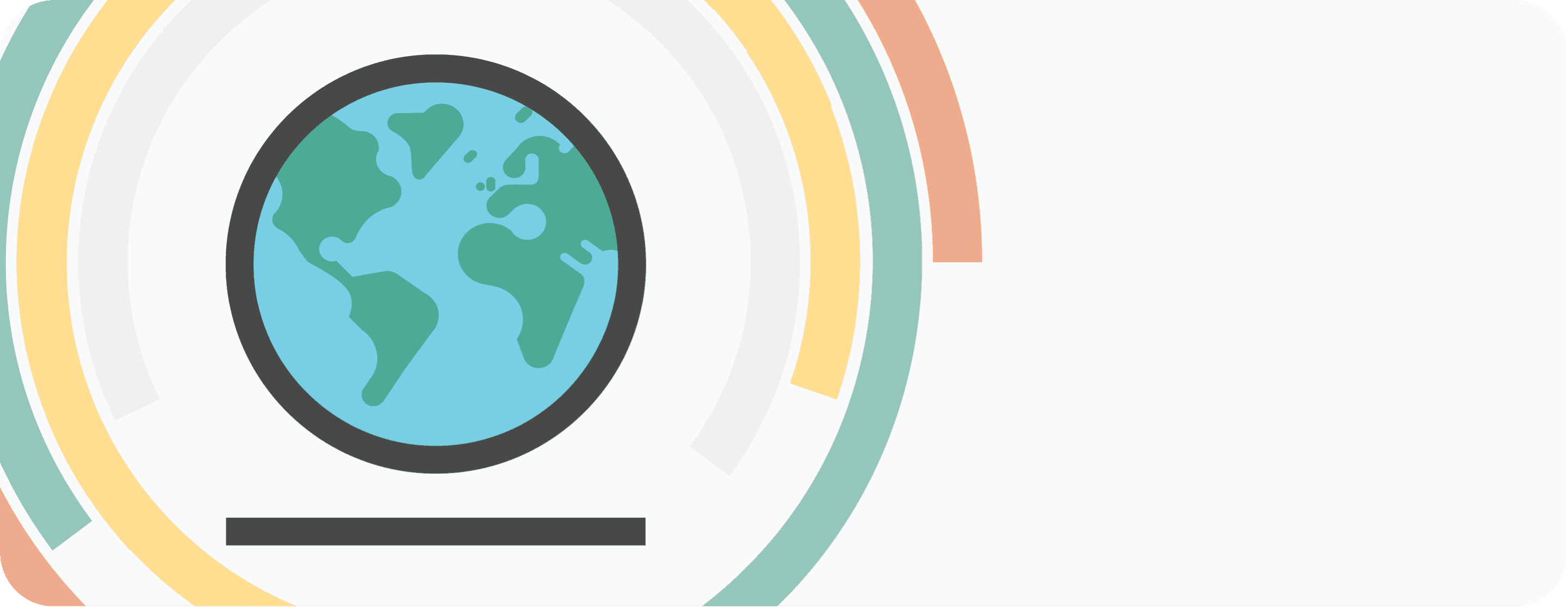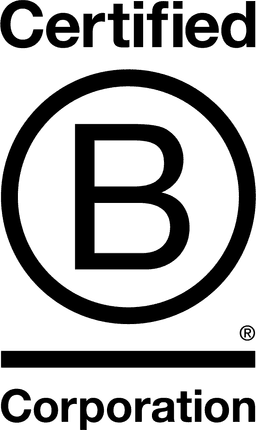

Cotopaxi

Utah, United States
December 2015
Apparel
Wholesale/Retail
United States
In October of 2013, Cotopaxi’s founders set out with the goal of building an outdoor gear company that could make meaningful strides toward reducing global poverty. Today, drawing on best practices from the outdoor industry and global development sector, they create innovative outdoor products and experiences that help alleviate poverty, move people to do good, and inspire adventure. Founded as a Benefit Corporation with social purpose built into its DNA, Cotopaxi is committed to inspiring social and environmental change as a means to improve the human condition, increase social consciousness, and alleviate poverty through its core values and giving initiatives. Becoming a B Corp directly aligns with this business model, ensuring that Cotopaxi is able to closely monitor its performance against its goals as the company grows and evolves. In pursuit of these goals, Cotopaxi’s values are infused into all aspects of its operations. On a local level, employees enjoy “in-the-wild” time, where they spend 10% of their work time adventuring outdoors or doing service. Cotopaxi has launched a skills-based volunteering initiative that leverages the time and talent of employees and responds to a clear need in the community.
Overall B Impact Score
Governance 18.5
Governance evaluates a company's overall mission, engagement around its social/environmental impact, ethics, and transparency. This section also evaluates the ability of a company to protect their mission and formally consider stakeholders in decision making through their corporate structure (e.g. benefit corporation) or corporate governing documents.
What is this? A company with an Impact Business Model is intentionally designed to create a specific positive outcome for one of its stakeholders - such as workers, community, environment, or customers.
Workers 24.0
Workers evaluates a company’s contributions to its employees’ financial security, health & safety, wellness, career development, and engagement & satisfaction. In addition, this section recognizes business models designed to benefit workers, such as companies that are at least 40% owned by non-executive employees and those that have workforce development programs to support individuals with barriers to employment.
Community 49.6
Community evaluates a company’s engagement with and impact on the communities in which it operates, hires from, and sources from. Topics include diversity, equity & inclusion, economic impact, civic engagement, charitable giving, and supply chain management. In addition, this section recognizes business models that are designed to address specific community-oriented problems, such as poverty alleviation through fair trade sourcing or distribution via microenterprises, producer cooperative models, locally focused economic development, and formal charitable giving commitments.
What is this? A company with an Impact Business Model is intentionally designed to create a specific positive outcome for one of its stakeholders - such as workers, community, environment, or customers.
Environment 29.2
Environment evaluates a company’s overall environmental management practices as well as its impact on the air, climate, water, land, and biodiversity. This includes the direct impact of a company’s operations and, when applicable its supply chain and distribution channels. This section also recognizes companies with environmentally innovative production processes and those that sell products or services that have a positive environmental impact. Some examples might include products and services that create renewable energy, reduce consumption or waste, conserve land or wildlife, provide less toxic alternatives to the market, or educate people about environmental problems.
What is this? A company with an Impact Business Model is intentionally designed to create a specific positive outcome for one of its stakeholders - such as workers, community, environment, or customers.
Customers 4.1
Customers evaluates a company’s stewardship of its customers through the quality of its products and services, ethical marketing, data privacy and security, and feedback channels. In addition, this section recognizes products or services that are designed to address a particular social problem for or through its customers, such as health or educational products, arts & media products, serving underserved customers/clients, and services that improve the social impact of other businesses or organizations.